Rethinking the Biography of the Actor and the Entertainer
Rethinking the Biography of the Actor and the Entertainer
essay cluster curated by Beth Holmgren (Duke University)
Whereas biography has been characterized as one of the least prescribed and most undertheorized of the genres in the literary canon, the biographies of both serious actors and popular entertainers have long remained formulaic and simplistic in recycling the celebrity and marketability of their subjects. The vast majority of biographies being produced about contemporary actors exploit the binarism of the star’s image, repeating critical hyperboles about their performances while dishing gossip about their intimate lives. Those biographers who choose the tougher project of writing about stars past (sometimes stars who dimmed well before the invention of film and recording technology) tend to follow the same pattern: They labor to resurrect the past glories of their subjects’ famed roles as well as the past scandals of the stars’ private misbehavior. How else are writers to interest today’s readers in their performers’ once renowned legacy and public personae?
We dedicate this special issue of Pamiętnik Teatralny to consider other more analytical, contextualized, yet still engaging approaches to writing performers’ biographies. We invite submissions from any scholars who have either written a substantial biography of an actor or entertainer or are preparing to do so and ask them to reflect critically on their practice in their essays. Your biographical subject need not be Polish, but the biography you wrote/are in the process of writing must be analytical, well-researched, and published/intended for publication by an academic or non-mass market press. We welcome biographers at any stage in their careers. The more diverse this issue is in terms of subjects and contributors, the more useful it will be for readers and future biographers. The languages of this issue, as for all issues of Pamiętnik Teatralny, are Polish and English.
Your article must respond to the first question and engage with some of the following questions insofar as they are relevant to your work:
1. What compelled you to showcase and analyze your subject for the reading public? Did you choose an actor regarded as serious, a popular entertainer, or a performer who played/has played in a range of different venues (stage, film, television, cabaret, nightclub, etc.)?
2. What reading public did/do you have in mind for this biography?
3. What sort of primary sources were/are you able to locate on your subject (e.g., memoirs by actor, family members, associates; correspondence; reviews; recorded or filmed performances; published or filmed interviews; material belongings; even former homes and haunts)? Given that many actors compose their memoirs upon their retirement to exploit their celebrity and reprise a written performance of the star image, how did you/do you intend to incorporate their first-person testimony, still maintaining a critical distance? If you were/are missing important primary sources, how did/do you plan to deal with this lacuna?
4. How did/do your subject and its primary sources shape the plot or analytical design of your biography? Did/do the works of specific theater scholars or examples of certain actor biographies inform your approach? Did you utilize paradigms such as the one proposed by Viv Gardner (2007): a “polyfocal” reading that situates the subjects and their works in their specific sociocultural and theatrical contexts and addresses the influence of both the market and extant genres (e.g., epistolary novels, Bildungsroman) on the subjects’ self-presentation?
[1] If your subject is a popular performer, did/do you find useful approaches in relatively recent biographies that underscore how such performers modeled and made desirable new social types and behaviors? (See, among many others, Andrew L. Erdman, Ruth Feldstein, Neal Gabler, Susan A. Glenn, Shane Vogel, and David Weinstein, among many others.[2])
5. One of the primary challenges facing biographers of actors and entertainers is conveying their subject’s embodied, enacted, ephemeral art – the liveness and in-the-moment impact of their performances. How did/will you try to convey this art effectively?
6. What other challenges confronted/are confronting you in writing your biography? What advice would you like to share with future biographers of the actor/entertainer?
This issue will be published in June/July 2022. A special committee made up of members of the editorial board, Ewa Partyga and Emilia Olechnowicz, as well as the curator, Beth Holmgren, will decide on contributors based on their review of submitted abstracts.
To be considered, your abstract should summarize your essay in 500 words and be sent to pamietnik.teatralny@gmail.com no later than September 10, 2021. In your abstract, specify if your completed text will be 6000 words or 3000 words, the journal’s customary long and short article lengths. If you have any questions, please send these to pamietnik.teatralny@gmail.com.
Once we have chosen the articles to be published in this issue, the contributors should be ready to submit their full texts—either 3000 or 6000 words—by December 30, 2021. The accepted submissions will then undergo the double-blind peer review process according to journal policy. Please refer to the journal website for formatting guidelines: https:// czasopisma.ispan.pl/index.php/pt/dlaautora.To the right on this site, you can click on your preferred language – English or Polish.
